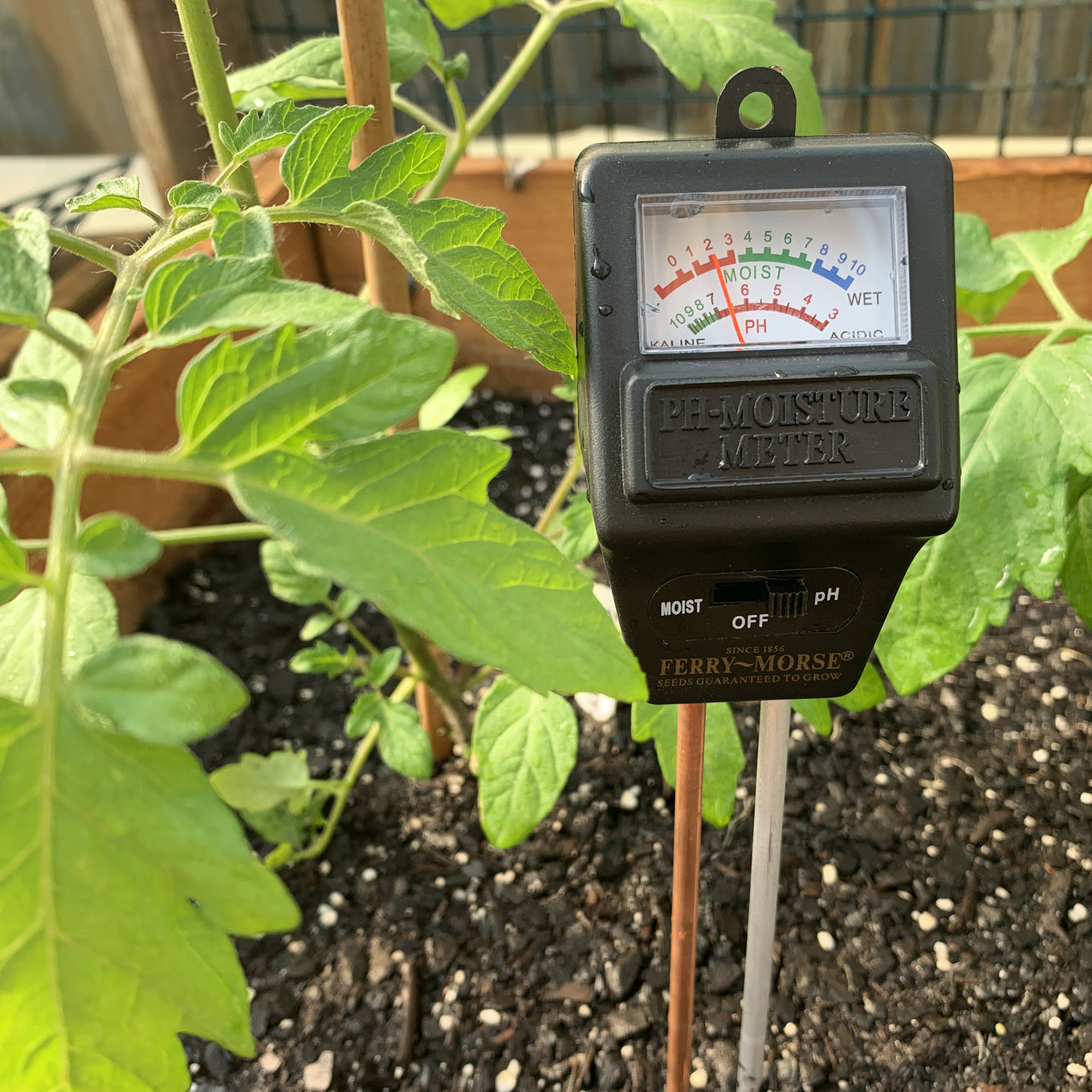Exactly how to Utilize a Moisture Meter to Find Concealed Water Damages in Your Building
Exactly how to Utilize a Moisture Meter to Find Concealed Water Damages in Your Building
Blog Article
The Ultimate Guide to Dampness Meters: A Comprehensive Introduction and Exactly How They Can Save You Cash
Dampness meters serve as crucial tools in finding and keeping an eye on moisture content in products, assisting in avoiding expensive problems and ensuring the high quality of items. Understanding the subtleties of various types of moisture meters, their applications, and the possible cost-saving advantages they provide can be a game-changer for experts and services alike.
Kinds Of Wetness Meters
One typical type is the pin-type wetness meter, which determines the electrical resistance in between 2 pins placed right into a product. Pinless wetness meters, on the various other hand, use electromagnetic sensor plates to scan a larger location without creating damage to the material's surface area.

Infrared wetness meters gauge the thermal residential properties of a material to identify its dampness content non-invasively, making them beneficial for applications where pin or pinless meters might not be ideal. Recognizing the different types of wetness meters readily available can help markets choose the most ideal tool for their certain dampness dimension needs.

Advantages of Using Wetness Meters
Dampness meters supply invaluable benefits in properly examining and monitoring dampness levels in diverse products and environments. One of the primary advantages of making use of wetness meters is the prevention of possible damages caused by excess moisture.
Additionally, using dampness meters can bring about boosted energy performance. By identifying locations with high wetness levels, such as leakages or bad insulation, modifications can be made to enhance energy preservation and reduce energy expenses. In agricultural setups, moisture meters play an essential duty in maximizing crop returns by allowing farmers to monitor dirt moisture degrees and make educated irrigation choices. On the whole, the benefits of making use of dampness meters span across different markets, offering cost-effective options and promoting far better quality assurance techniques.
How to Pick the Right Moisture Meter
Choosing the proper moisture meter entails considering vital aspects such as product compatibility, measurement range, and calibration accuracy. When selecting a dampness meter, it's necessary to make sure that the meter appropriates for the particular material you will certainly be screening. Various products have differing electrical residential or commercial properties that can impact dampness analyses, so selecting a meter designed for your material is important for accurate results. Furthermore, take into consideration the dimension variety of the wetness meter. Ensure that the meter can identify dampness degrees within the array needed for your applications. Calibration precision is another crucial aspect to remember. Select a moisture meter with reputable calibration to make sure regular and specific analyses. Some meters might require routine calibration adjustments, so recognizing the calibration procedure is essential. By thoroughly examining these aspects, you can select a moisture meter that meets your demands and supplies accurate moisture dimensions for your jobs.
Appropriate Techniques for Dampness Meter Usage

Expense Financial Savings Via Dampness Meter Applications
How can the strategic use of wetness meters lead to significant price savings across various industries? In the agriculture sector, wetness meters aid in determining the visit this web-site ideal time for collecting plants, stopping over-drying or excess dampness that can affect the last product's top quality.
In a similar way, in building, dampness meters assist protect against expensive damages by detecting wetness levels in structure materials, such as wood or concrete, which can bring about structural problems if not dealt with without delay. By identifying trouble areas early, professionals can take corrective procedures to avoid substantial fixings or replacements, eventually conserving time and cash.
Additionally, in the food handling industry, wetness meters are vital for checking product quality and making sure conformity with safety policies. By accurately determining wetness web content in foodstuff, manufacturers can avoid wasting, keep quality, and minimize waste, causing substantial cost savings. Overall, the tactical application of wetness meters is a useful content useful financial investment that can lead to substantial cost decreases and boosted performance throughout numerous sectors.
Final Thought
In conclusion, dampness meters are useful tools for measuring and identifying wetness degrees in different products. By using the right dampness meter and following correct techniques, customers can effectively protect against expensive problems caused by excess dampness.
Moisture meters offer as important devices in finding and keeping an eye on moisture web content in materials, assisting in preventing expensive problems and guaranteeing the top quality of products. Infrared wetness meters determine the thermal buildings of a material to identify its dampness content non-invasively, making them beneficial for applications where pin or pinless meters might not be appropriate.Wetness meters offer important benefits in properly checking and assessing wetness degrees in diverse products and settings. In agricultural settings, wetness meters play a critical role in optimizing crop read this yields by enabling farmers to keep track of soil wetness degrees and make educated watering choices.In conclusion, moisture meters are valuable tools for gauging and identifying moisture levels in various materials.
Report this page